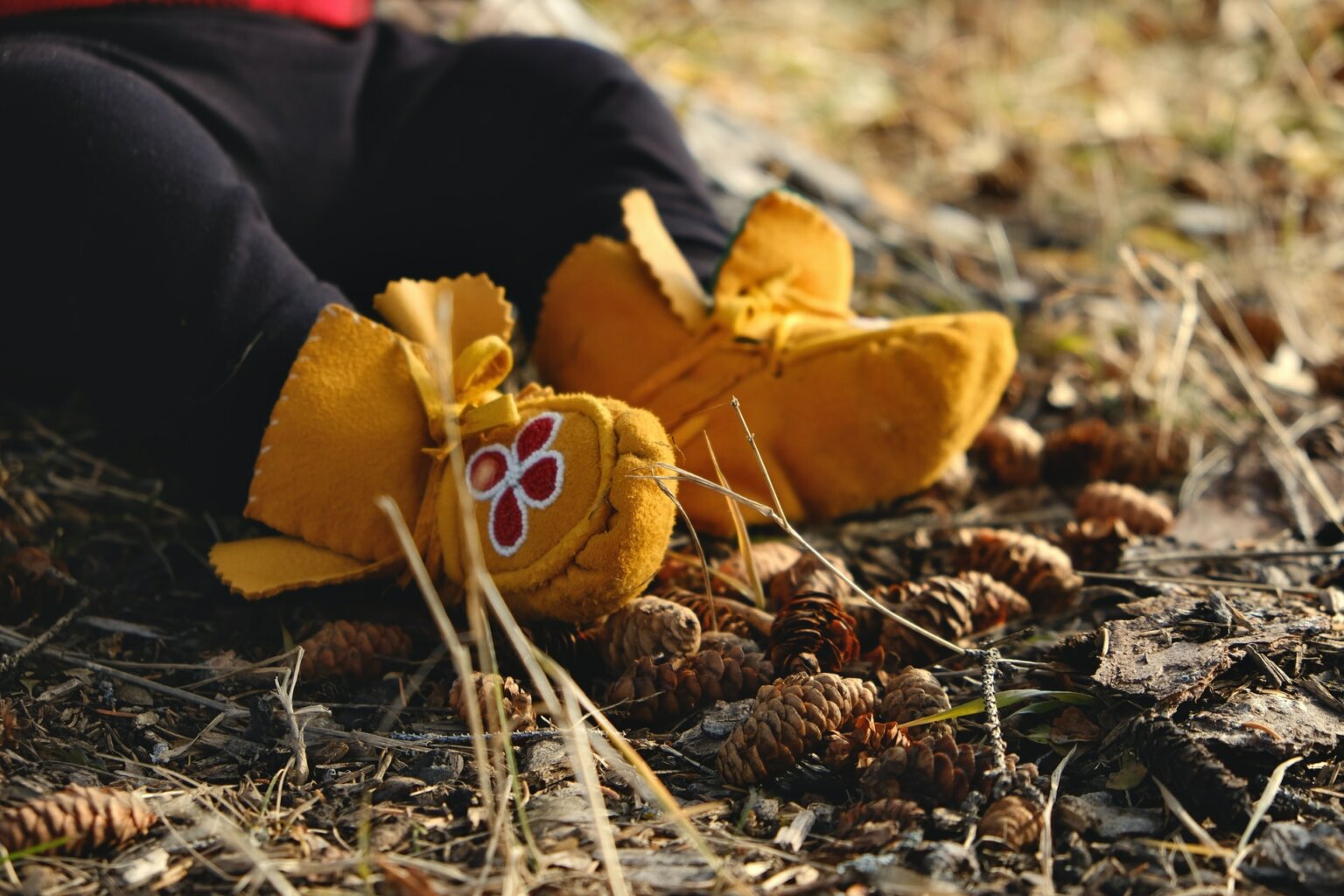- About
- Topics
- Picks
- Audio
- Story
- In-Depth
- Opinion
- News
- Donate
- Signup for our newsletterOur Editors' Best Picks.Send
Read, Debate: Engage.
| topic: | Indigenous people |
|---|---|
| located: | Canada |
| editor: | Karan Anand |
There are 1.6 million Indigenous people in Canada who bring indispensable knowledge for confronting the climate crisis. Despite contributing less to the unsustainable practices that cause climate change, Indigenous peoples in Canada are considered highly susceptible to its effects.
This is primarily because a majority of them reside in geographical regions that are rapidly experiencing the effects of climate change, such as Yukon, Northwest Territories, Manitoba and Saskatchewan. According to a 2019 study, some of these areas in Northern Canada are warming three times faster than the global average.
Additionally, Indigenous peoples greatly depend on natural resources for their livelihoods, which are threatened by natural disasters and changes in weather. Significant variations to their natural environments will not only affect their livelihoods, but also their cultures, identities and way of living.
Between 2006 and 2016, approximately 67 indigenous communities suffered nearly 100 incidents of flooding, resulting in significant losses to property and livelihood. In some areas of Tuktoyaktuk, Northwest Territories, residents are already being forced to relocate their homes to higher grounds due to coastal erosion.
Over the last few years, recognising the significant impact of climate change on their lives, Indigenous communities in Canada have taken several ground-breaking initiatives to mitigate its effects.
For example, in Nunavut, a coalition of Indigenous groups has taken it upon itself to reduce the region’s dependence on diesel generators by transitioning towards renewable energy. In 2018, people from various indigenous communities came together to form the Nukik corporation, which is laying a 745-mile-long fibre-optic transmission cable system to connect large areas of rural northern Canada to a renewable energy grid in Manitoba.
Since time immemorial, Indigenous peoples have shared a deep-rooted bond with their land and water. This has allowed them to develop a strong understanding about their ecosystem, making them among the first to notice changes in climate. This indigenous knowledge has been passed down through generations and today has the potential to help Canadian scientists and people navigate and adapt to climate change.
The sharing of these indigenous knowledge systems is playing a key role in Canada’s fight against climate change. The Indigenous Climate Action, a coalition of indigenous people from across Canada to fight climate change, was formed for this purpose. Today, it organises a variety of programmes to facilitate large-scale dissemination of indigenous knowledge systems, which are believed to be critical to develop solutions to the climate crisis. Another initiative is the Indigenous Climate Hub, an online platform where individuals and communities share their stories and experiences with climate change.
The federal government is also playing its part by effectively utilising indigenous knowledge and supporting indigenous-led initiatives. In 2017, the Indigenous Guardians programme was launched with a $25 million investment from the government, providing greater autonomy to these people to protect their traditional ecosystems. In the budget for 2021, the government announced an additional $100 million funding over five years for the Indigenous Guardians.
The indigenous knowledge systems can play a key role in the fight against climate change, not just in Canada but across the world. It is about time that its importance is recognised and the knowledge is made available to people grappling with effects of climate change across the globe.
Image by Ben den Engelsen

